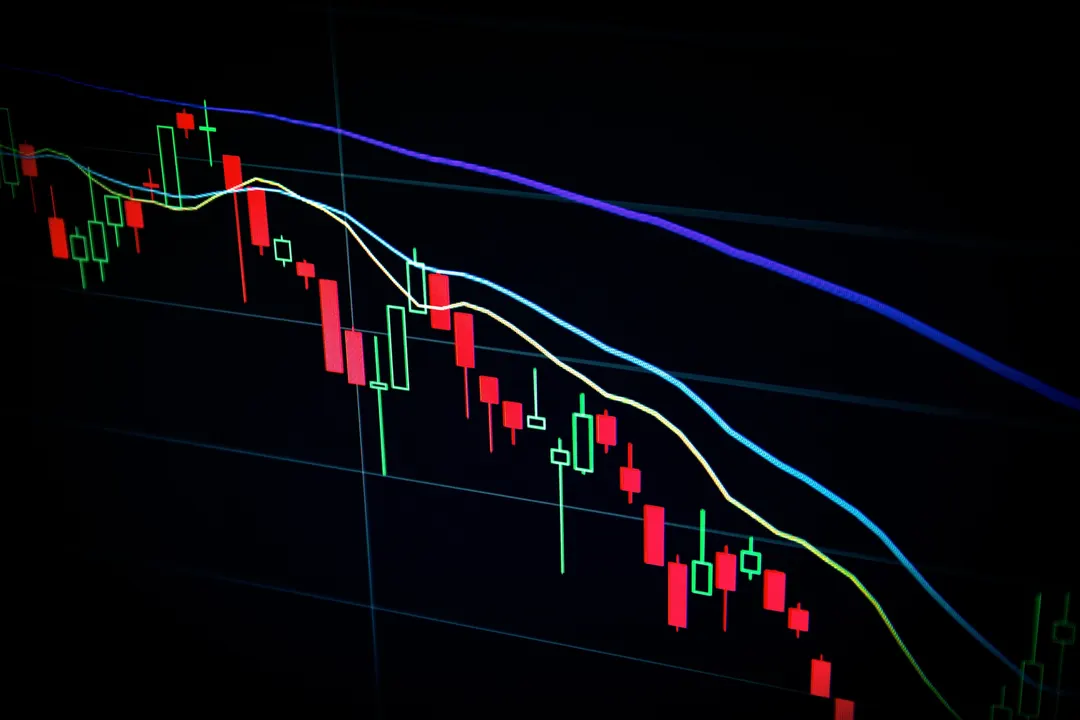How to Become an Investment Banker

Being an Investment Banker involves managing a client’s money and maximising their profit.
When corporations want to raise money they often turn to investment. Investment Bankers work with companies to invest their client’s money in assets (be they shares, bonds, currencies or other commodities such as gold) with the aim of maximising the yield from these investments within the timescale that the company has.
Working as an Investment Banker, you’ll spend much of your time analysing financial data, managing investment risk, and working on financial models to ensure that any investment your bank makes is valuable to the client you are working with.
As you move higher up in the industry, there’s more focus on building relationships with clients, and attracting new clients in order to broaden your bank’s portfolio of business.
Investment banking is a very lucrative industry to work in, with lots of opportunities to travel and fairly quick career progression, but it’s also very competitive and can involve extremely long hours. It’s a challenging career path that is certainly not for the faint-hearted, but the rewards can be great. For those interested in exploring this dynamic field, our Oxford Summer School provides a comprehensive introduction to business and finance, equipping you with the foundational knowledge and skills essential for a career in investment banking.

Which Subjects Do You Need to Become an Investment Banker?
To become an Investment Banker, you’ll need a Bachelor’s degree. While investment banks look for a diverse skill set in their workforce, there’s a particular focus on mathematical reasoning and ability. This means that school-level Maths (if not Further Maths) is almost always necessary.
Other mathematical subjects such as Physics and Computer Science can also be helpful.
Being an investment banker involves a good deal of economic principle so getting to grips with Economics early can also be a good starting point for your future career.
If you’re a high school student, you may want to consider attending our Oxford Business Summer School to get a head start, learning what studying Business and Investing in university is really like.
How Do I Become an Investment Banker?
The two starting positions at an investment bank are Analysts and Associates, with the latter being a more senior position than the former.
Associates
In order to enter the bank at Associate level, you need a Master’s degree or higher. The most common Master’s degree for Investment Bankers is a Master of Business Administration, although a graduate Law degree or Accountancy qualification can be equally desirable as these fields have a considerable crossover with the corporate banking world.
Analysts
To enter at Analyst level, you must have at least a Bachelor’s degree. While a Finance degree can prove useful in the application process, banks tend to employ graduates from a wide variety of disciplines.
Maths and the Sciences are particularly common, but you’re likely to find a wide variety of graduates from Music to English Literature working at an investment bank. As long as you have a secure mathematical understanding, either from school or from your degree, then you have a chance to become an investment banker.
However, having the right skills and qualifications is only the first hurdle, and landing your first job in investment banking can be a big challenge. In a highly competitive industry, it is very difficult to stand out from the crowd.
Almost all large banks offer summer internships to students still at university and this can be an excellent way into a graduate role. If the banks are happy with your performance over the summer, they’ll often offer you a conditional job offer before you begin your final year of study.
Some banks have even gone a step further than this and offer so-called “Spring Weeks” where a first or second-year university student gains work experience with them in the Easter vacation. This can then lead to a summer internship which, in turn, can lead to a graduate placement opportunity! As competition grows for internships, Spring Weeks are becoming increasingly popular as a way to stand out from the crowd and break into this highly competitive industry.

Next Steps for Students Interested in Investment Banking
- Pursue a Relevant Degree: Focus on degrees with strong mathematical content, such as Finance, Economics, Physics, or Computer Science. A solid grounding in these subjects is essential for a career in investment banking.
- Consider Higher Education: For positions like Associates, aim for a Master’s degree or higher, such as an MBA, a Law degree, or an Accountancy qualification. These degrees provide valuable skills and knowledge applicable in investment banking.
- Gain Practical Experience: Seek internships or participate in programs like “Spring Weeks” offered by banks. These provide hands-on experience and can lead to conditional job offers or graduate placement opportunities.
- Attend Oxford Business Summer School: For high school students, attending one of Oxford Summer Courses, like our Business Course for 12-14 year olds, or Business Course for 15-18 year olds can provide early insights into business and investing, preparing you for university studies in related fields.
Interested in a career in Finance?
Recommended articles
Demystifying the UK University Application Process for Educators
The UCAS applications process for UK universities can appear daunting for students and teachers alike. With that said, educators play an important role in students’ success with their university applications. As such, it is paramount that educators understand the UK...
How to Secure Strong References for Your UCAS Applications
References are a crucial component of your UCAS application, offering a holistic view of your potential as an applicant. Your application will ask for references who can testify to your potential as a student and what you have to offer the university or college...
A Day in the Life of a History Student
It’s been over three years since I first sent my UCAS application off to Oxford University, meeting the early submission deadline by a slither and breathing a sigh of relief. Now, as a third-year History finalist on the cusp of exams, I can safely say that these...


